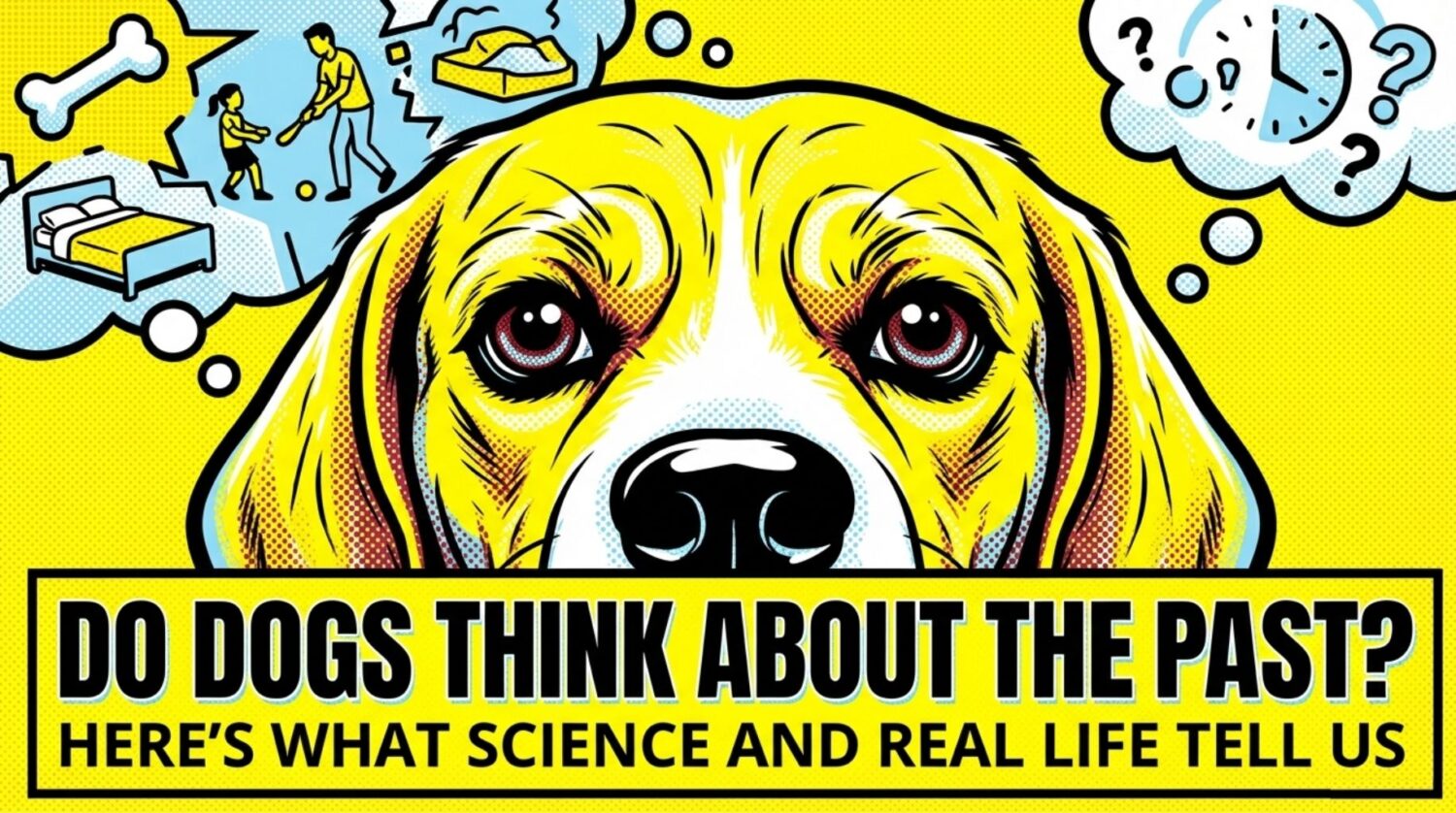Dogs are known for their curious behaviors, and one that often leaves pet owners puzzled is the tendency to nibble on grass. From urban backyards to sprawling meadows, dogs seem to have a penchant for this leafy green snack. Find out the reasons why do dogs eat grass?
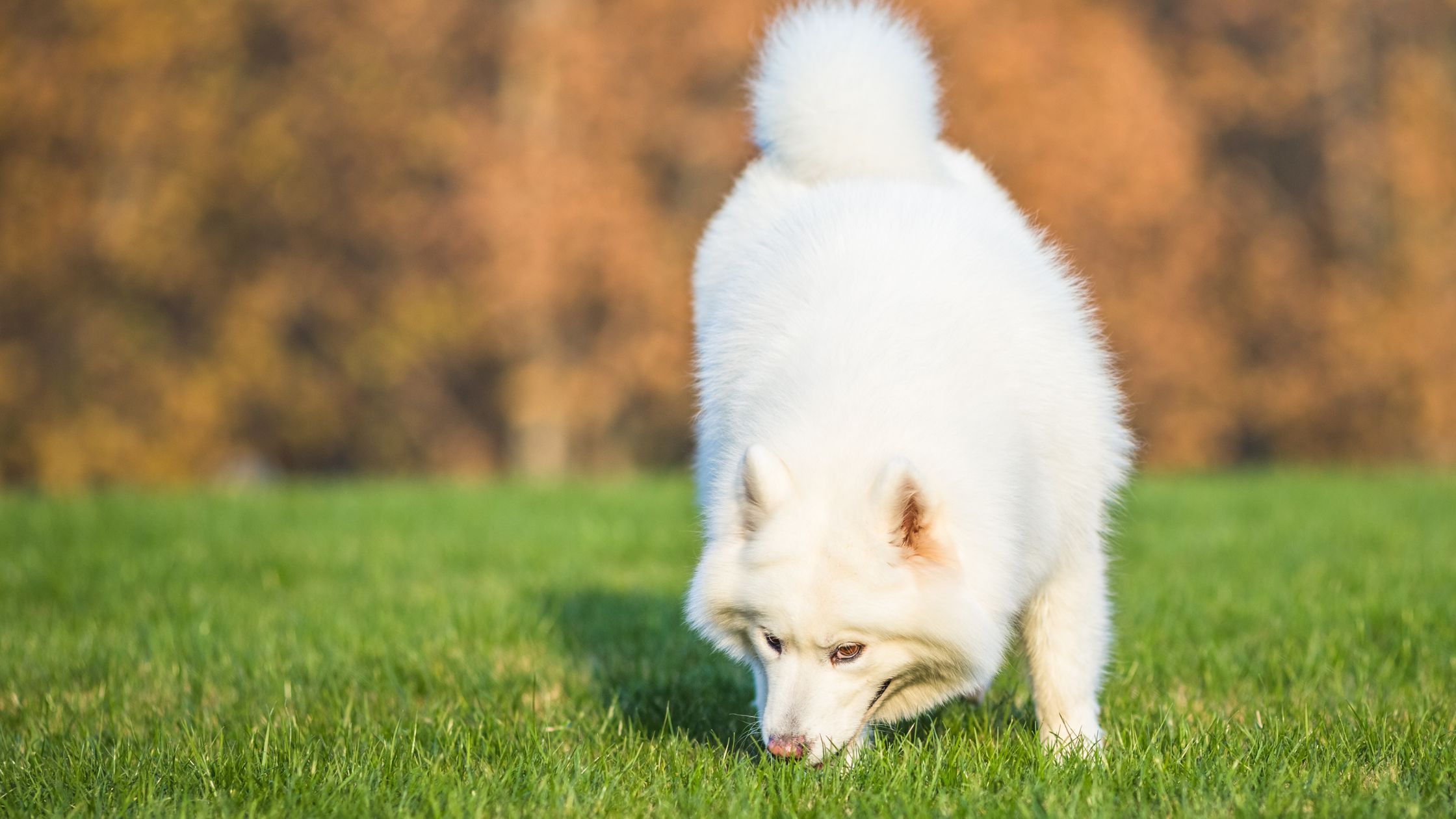
THE CURIOUS GREEN HABIT: WHY DOGS EAT GRASS?
Let’s delve into the intriguing world of why dogs eat grass, addressing common misconceptions, potential reasons behind this behavior, and how pet owners can respond. Join us on a journey to unravel the mysteries behind your dog’s leafy cravings.
What Are The Common Observations about dogs eating grass?
Pet owners commonly observe their dogs grazing on grass, often followed by concerns about the reasons behind this behavior. Understanding that this habit is widespread can help alleviate worries and foster a more informed response. Many dogs display this behavior occasionally, and it’s important to distinguish between occasional grazing and persistent, excessive consumption.
Grass-eating Frequency and Variability in Dogs
The frequency of grass-eating behavior can vary widely among dogs. Some may indulge sporadically, while others seem to make it a regular part of their routine. Recognizing the variability in this behavior is essential when assessing its significance. Factors such as age, breed, and overall health can contribute to the variability in how often dogs engage in this behavior.
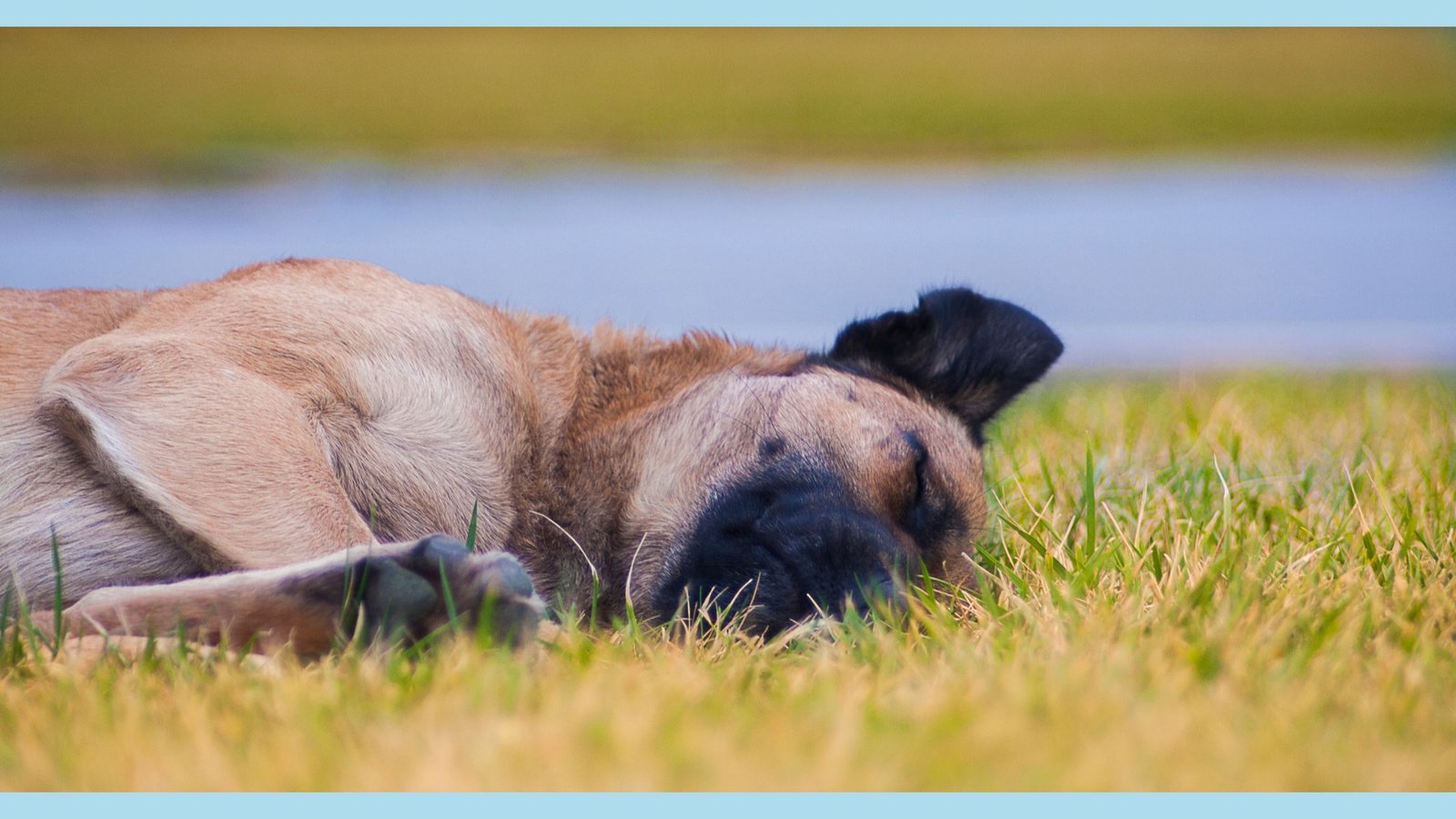
THEORIES BEHIND DOGS EATING GRASS
Dogs Digestive Instincts
One prevalent theory suggests that dogs may eat grass as a form of self-medication to induce vomiting. This behavior may be instinctual, as it mirrors the actions of wild dogs that consume plant matter to aid in digestion or expel indigestible elements from their stomachs. While this theory has support, not all dogs who eat grass necessarily vomit afterward, raising questions about the true intent behind this behavior.
Dogs Dietary Deficiency
Another hypothesis proposes that dogs may eat grass to supplement nutritional deficiencies in their diets. This theory suggests that dogs may be instinctively seeking specific vitamins, minerals, or fiber found in grass that may be lacking in their regular meals. Exploring the nutritional content of the dog’s regular diet is crucial in evaluating the validity of this theory.
Dog Exploration and Play
Dogs are natural explorers, and their tendency to interact with their environment extends to tasting and experimenting with various items, including grass. Some dogs may engage in grass-eating simply as a playful or curious behavior. This theory emphasizes the importance of understanding that grass consumption may not always have a specific purpose but can be driven by the dog’s natural inclination to explore.
Dog Sensory Appeal
Grass has a unique texture and flavor that dogs may find appealing. Dogs rely heavily on their sense of smell and taste, and the sensory appeal of grass could be a motivating factor behind this behavior. The sensory experience of chewing grass may provide dogs with a novel and enjoyable sensation.

WHEN TO BE CONCERNED WHEN DOG EAT GRASS?
Excessive Grass Eating and Accompanying Symptoms in Dogs
While occasional grass eating is considered normal behavior for many dogs, excessive or compulsive consumption may raise concerns. Pet owners should be attentive to changes in their dog’s behavior and consult with a veterinarian if they observe a sudden increase in grass eating. Persistent and compulsive behavior may indicate underlying issues that require professional attention.
Paying attention to accompanying symptoms is crucial in assessing the potential reasons behind grass eating. If a dog displays signs of gastrointestinal distress, such as vomiting, diarrhea, or lethargy, it’s essential to seek prompt veterinary advice. These symptoms may signal underlying health issues that need to be addressed promptly.

HOW TO RESPOND WHEN YOUR DOGS EAT GRASS: TIPS FOR PET OWNERS
Why Assessing Diet and Nutrition is Important for Your Dogs?
Scheduling regular veterinary check-ups is fundamental in maintaining your dog’s overall health. Discussing your dog’s behavior, including grass eating habits, with your veterinarian can help rule out underlying health concerns. Veterinarians can provide personalized advice based on your dog’s age, breed, and individual health needs.
Evaluating your dog’s diet and nutritional needs is essential when exploring the reasons behind grass eating. Consult with your veterinarian to ensure that your dog’s diet is balanced and meets their specific requirements. Adjustments to the diet may address potential nutritional deficiencies and contribute to overall well-being.
Providing Safe Alternatives and Creating a Safe Environment
Offering safe alternatives for chewing and exploration can redirect your dog’s attention from grass. Provide appropriate chew toys or treats that engage your dog’s senses and satisfy their natural instincts. Interactive toys and puzzle feeders can be effective in keeping dogs mentally stimulated and physically engaged.
Ensuring that your dog has a safe and toxin-free environment is paramount. Avoid the use of pesticides or herbicides on grassy areas where your dog may roam, reducing the risk of ingesting harmful substances. Toxic substances in grass can pose serious health risks, making a safe environment crucial for your dog’s well-being.
Vet response on why Do dogs eat grass
The question of why dogs eat grass encompasses a spectrum of possibilities, from instinctual behaviors to sensory enjoyment. While occasional grass consumption is often considered normal, pet owners should remain vigilant and responsive to changes in their dog’s behavior.
Understanding the various theories behind grass eating, recognizing when to be concerned, and responding with informed strategies empower pet owners to provide the best possible care for their canine companions. By combining veterinary guidance, a balanced diet, and a safe environment, you can navigate the green mystery of why dogs eat grass and ensure the well-being of your furry friend.
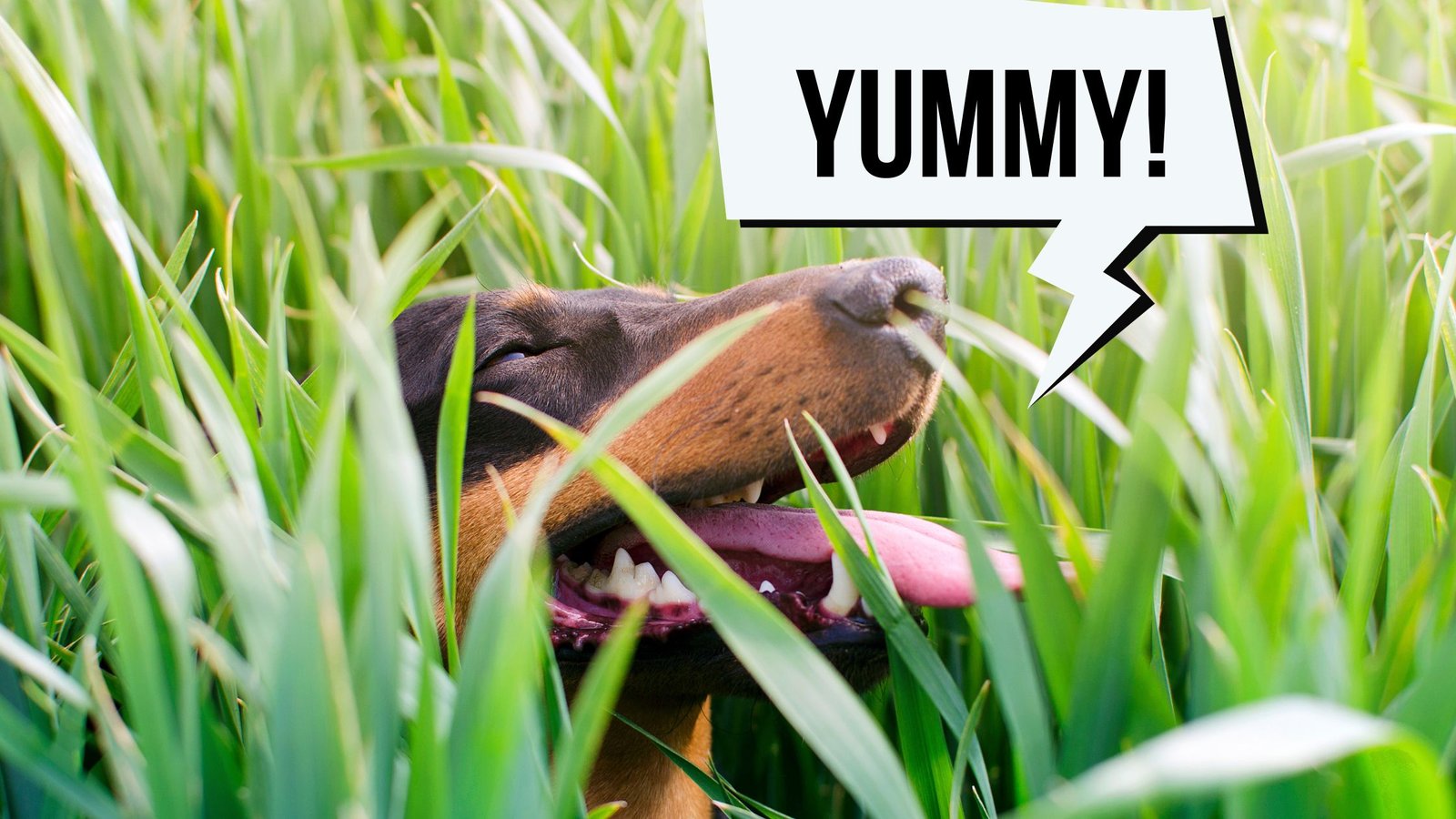
WHY RECOGNIZING TOXINS IN THE GRASS THAT YOUR DOGS EAT IS A MUST?
Dogs, known for their curious nature, may occasionally indulge in the habit of eating grass. While this behavior is generally considered normal, concerns arise when the grass contains toxins that can pose serious health risks to our dogs. Let’s explore further how to recognize if there are toxins in the grass your dog is eating, discussing common toxic substances, symptoms of poisoning, and essential steps for safeguarding your furry friend’s well-being.
How to Identify Common Toxic Substances in The Grass Your Dogs Eat?
- Pesticides and Herbicides: Pesticides and herbicides are commonly used in lawns and gardens to control pests and weeds. Dogs that ingest grass treated with these chemicals are at risk of poisoning. Recognizing the signs of pesticide or herbicide exposure is crucial for timely intervention. Early detection allows pet owners to seek veterinary assistance promptly and minimize the impact of toxic substances.
- Fertilizers: Lawn fertilizers, while beneficial for grass growth, can contain chemicals that are harmful to dogs. Nitrogen, phosphorus, and potassium are common components of fertilizers, and excessive ingestion can lead to toxicity. Understanding the signs of fertilizer poisoning is essential for protecting your dog. Choosing pet-safe fertilizers and monitoring your dog’s access to recently treated areas are proactive measures to reduce the risk.
- Plants and Mushrooms: Some plants and mushrooms commonly found in grassy areas can be toxic to dogs. Recognizing these potential dangers is crucial, especially if your dog enjoys exploring and foraging in natural settings. Familiarity with toxic plants and mushrooms helps in preventing accidental ingestion. Regularly inspecting your yard and surrounding areas for potentially harmful vegetation contributes to a safer environment.
What are The Symptoms of Grass Toxin Ingestion in Dogs?
- Gastrointestinal Distress: Ingesting toxic substances from grass can lead to gastrointestinal distress in dogs. Symptoms such as vomiting, diarrhea, and abdominal pain may indicate exposure to harmful chemicals or plants. Prompt veterinary attention is essential to address gastrointestinal symptoms and prevent dehydration or further complications.
- Excessive Drooling and Pawing at the Mouth: Dogs may exhibit excessive drooling and pawing at the mouth if they have ingested toxic substances. This behavior indicates discomfort and irritation, requiring immediate attention from pet owners. Rinsing your dog’s mouth with water and seeking veterinary advice can alleviate discomfort and minimize the impact of toxins.
- Lethargy and Weakness: Exposure to toxins can lead to lethargy and weakness in dogs. If your dog appears unusually tired or lacks energy after grazing on grass, it may be a sign of poisoning. Veterinary evaluation is crucial to identify the specific toxins involved and implement appropriate treatment.
- Difficulty Breathing: In severe cases of grass toxin ingestion, dogs may experience difficulty breathing. This is a critical emergency situation that requires immediate veterinary intervention. Timely action is crucial to address respiratory issues and ensure the well-being of your dog.
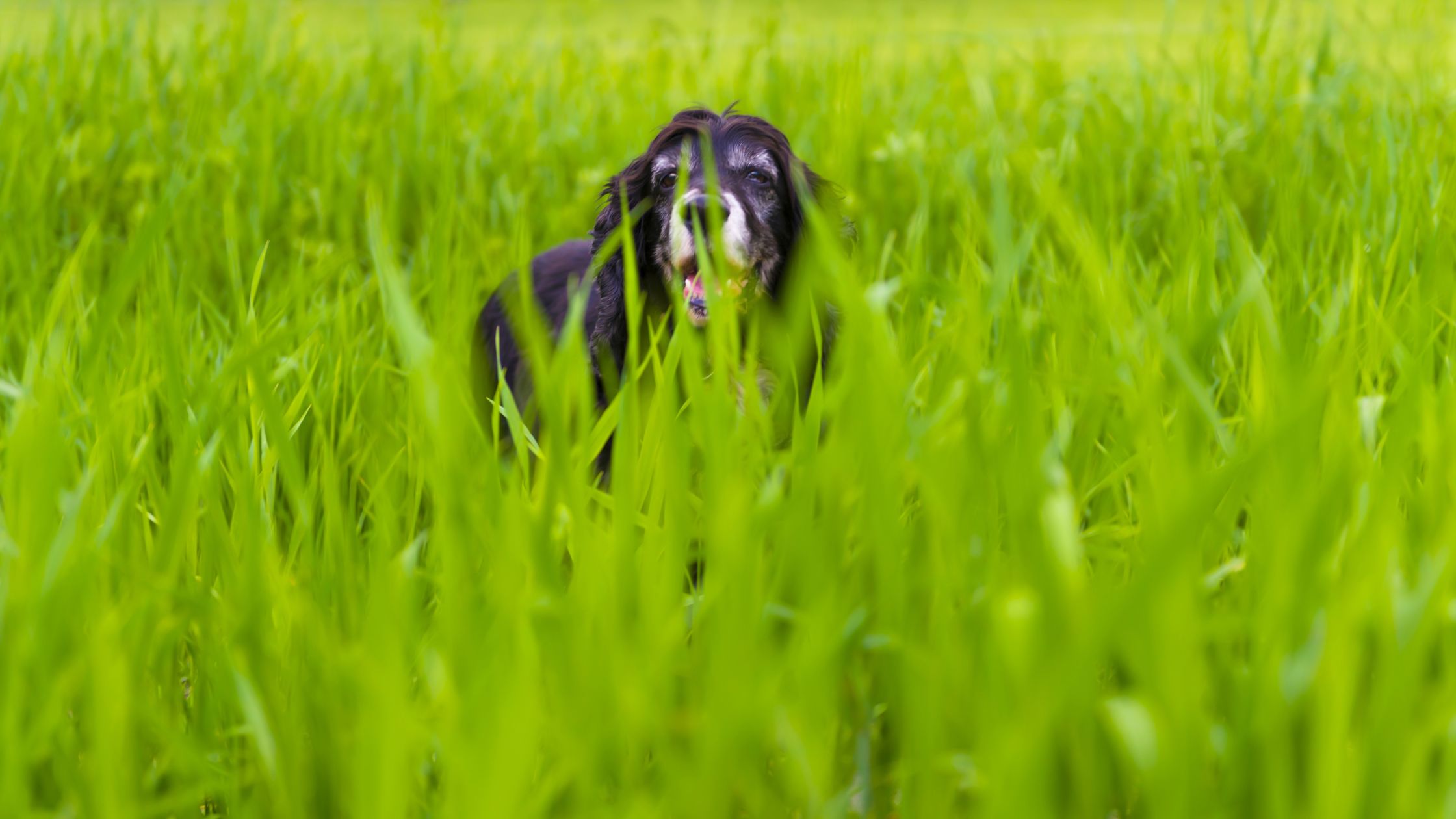
Steps to Safeguard Your Dog from Grass Toxins
- Choose Pet-Safe Lawn Products: Selecting pet-safe lawn care products is a proactive step in preventing grass toxin exposure. Look for fertilizers, pesticides, and herbicides that are labeled as safe for pets. This ensures that your dog can enjoy the outdoors without the risk of harmful chemical ingestion. Reading product labels and following application instructions are essential for responsible lawn maintenance.
- Regularly Inspect Your Yard: Conducting regular inspections of your yard and surrounding areas is vital for identifying potential hazards. Remove or block access to toxic plants, mushrooms, or areas treated with chemicals. A well-maintained and pet-friendly environment reduces the risk of accidental toxin ingestion. Consistent vigilance helps create a safe space for your dog to explore and play.
- Provide Safe Alternatives: Offering safe alternatives for your dog to chew and explore can redirect their attention away from potentially harmful grass. Provide chew toys, interactive puzzles, or designated play areas to engage your dog in a secure and enjoyable manner. Engaging your dog’s natural instincts with appropriate alternatives fosters a healthy and safe environment.
- Seek Immediate Veterinary Attention: If you suspect your dog has ingested toxic substances from grass or exhibits symptoms of poisoning, seek immediate veterinary attention. Time is of the essence in addressing toxicity, and professional intervention can make a significant difference in your dog’s recovery. Veterinary professionals can conduct diagnostic tests, administer antidotes if necessary, and provide supportive care tailored to your dog’s specific needs.
Brief sum up on why do dogs eat grass
Recognizing toxins in the grass your dog is eating requires a combination of awareness, preventive measures, and swift action in case of exposure. By familiarizing yourself with common toxic substances, understanding symptoms of poisoning, and implementing proactive steps to safeguard your dog, you can create a secure environment for your dog.
Promoting a toxin-free space involves responsible lawn care practices, regular inspections, and providing engaging alternatives for your dog. Remember, the health and well-being of your furry friend are in your hands, and with the right knowledge and actions, you can ensure a safe and joyful outdoor experience for your beloved companion.
Continue reading on this topic at The Pet Wiki!





